While Afghan teenager Robaba Mohammadi was born with partial paralysis of her limbs, it hasn’t stopped the 19 year old from making great strides in the art world.
She gained international attention following a Washington Post profile, and now art lovers are learning to appreciate a unique, against-the-odds talent.
Robaba is only able to use a few of her toes and draws detailed sketches using her mouth. She controls the pencil with her lips and tongue.
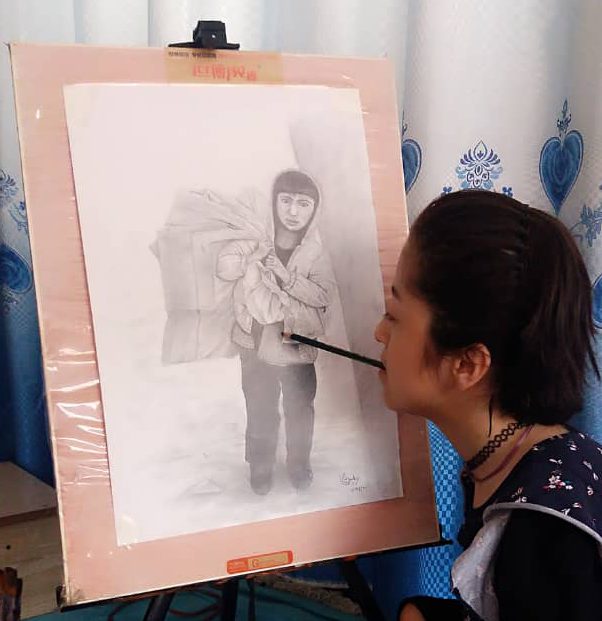
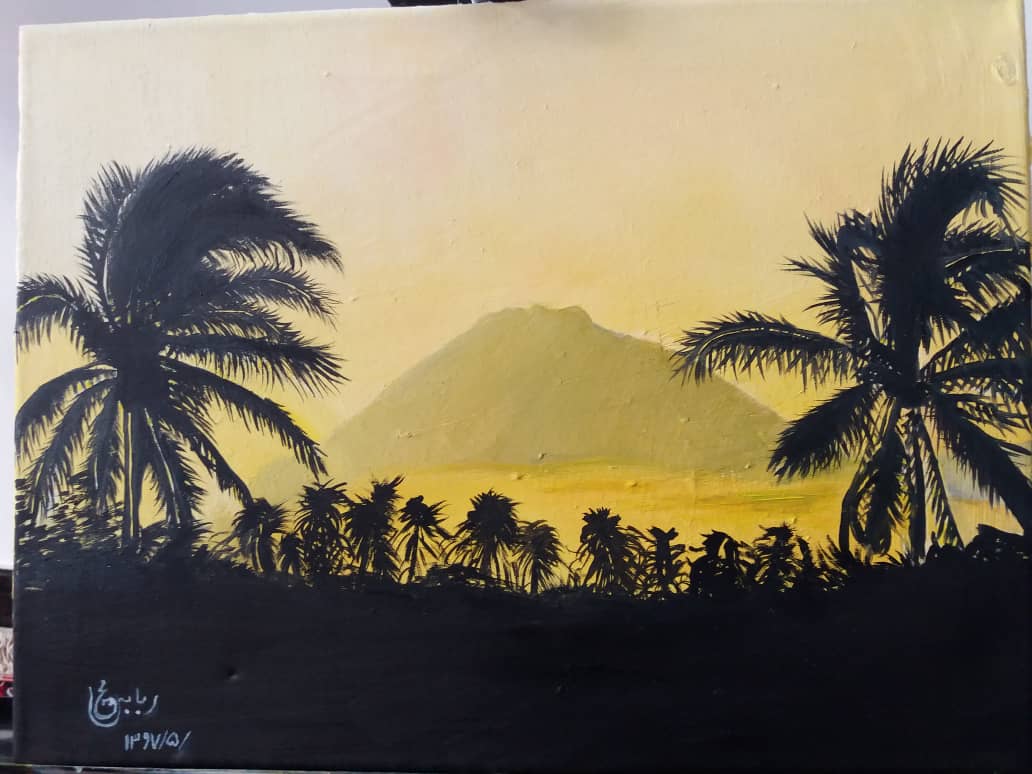
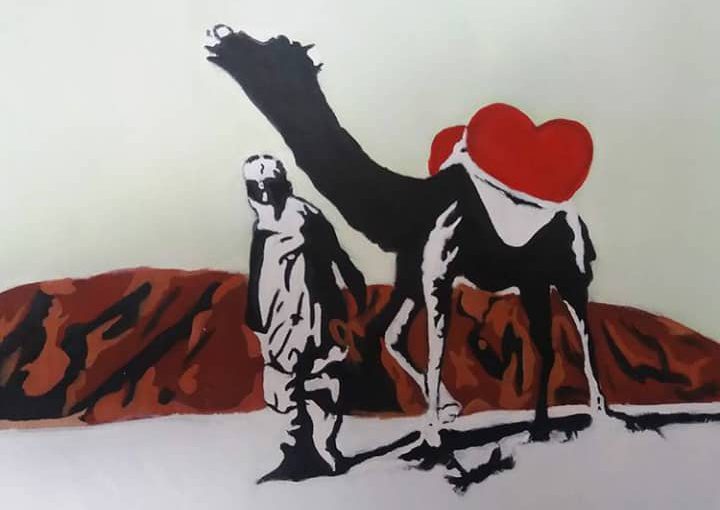
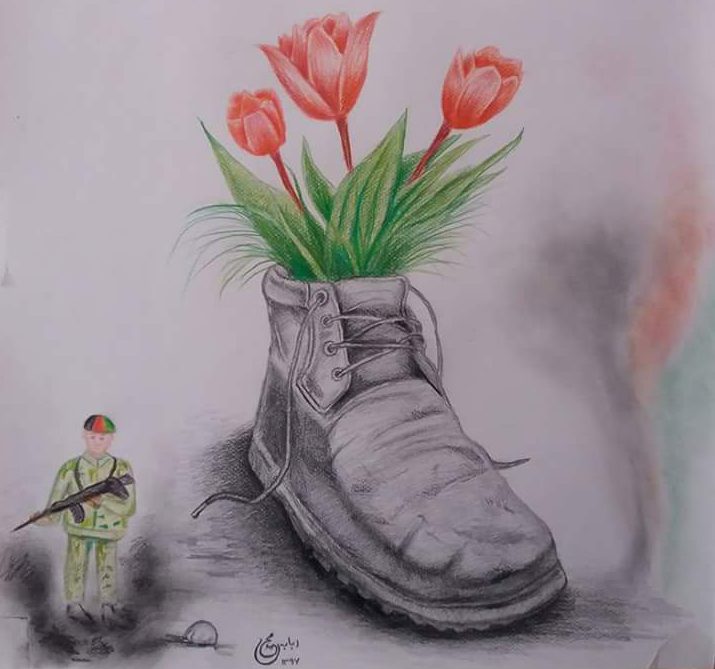
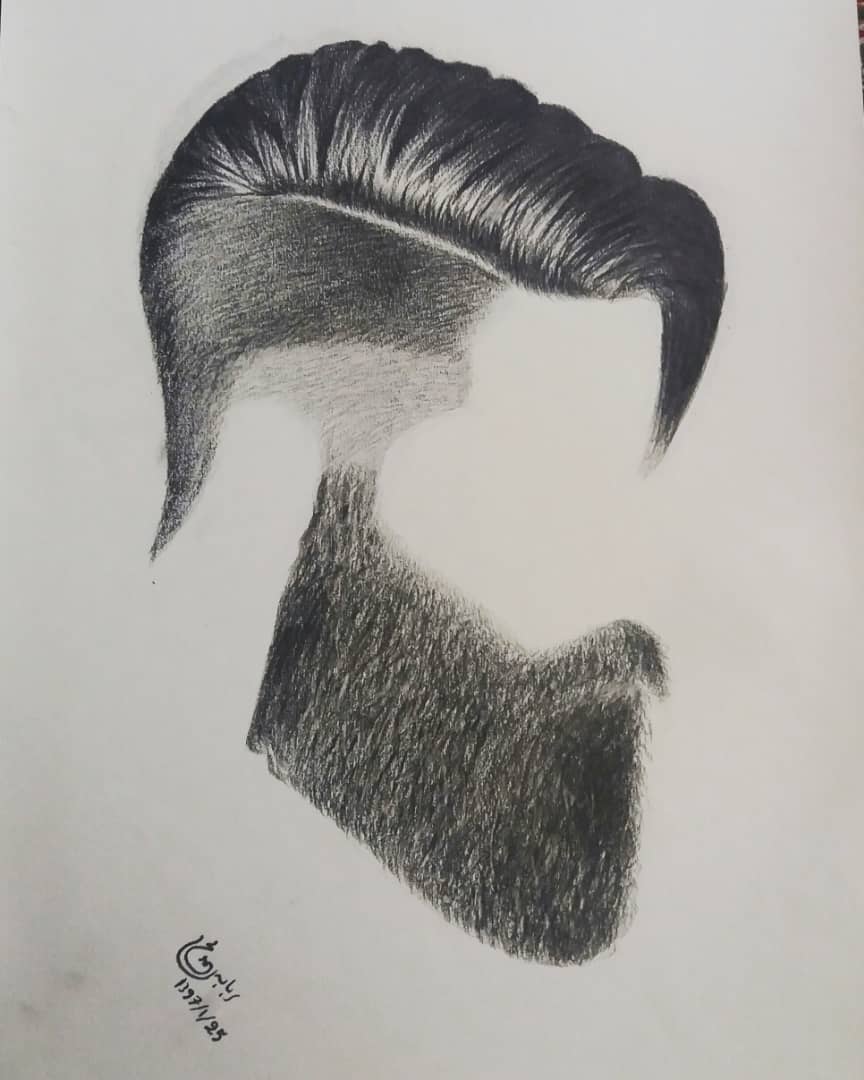
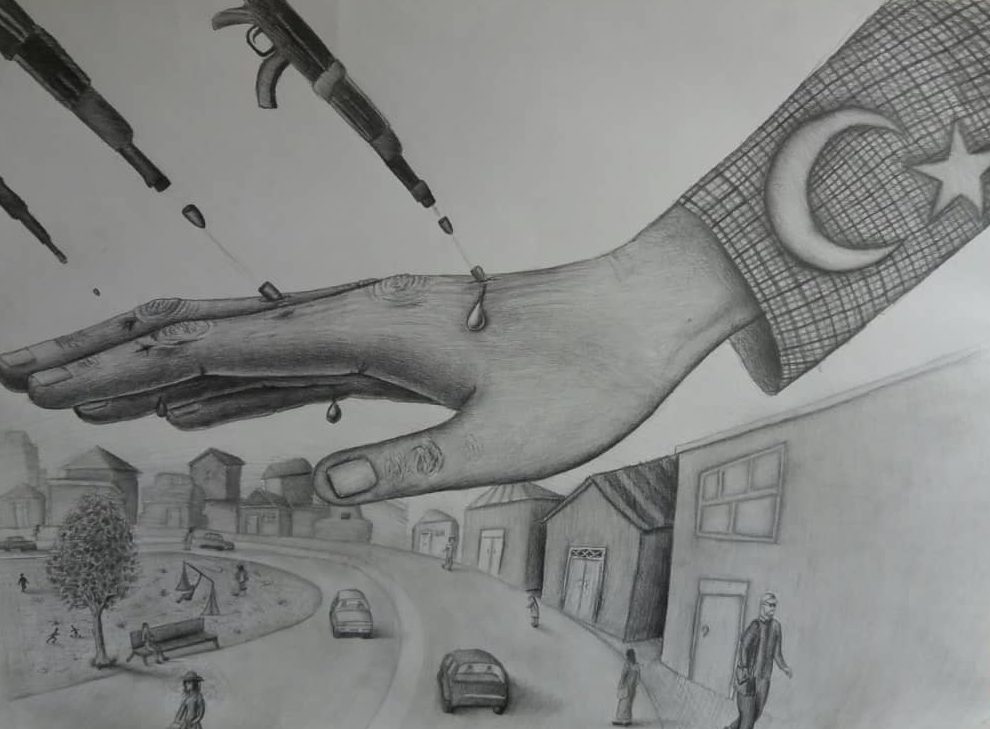
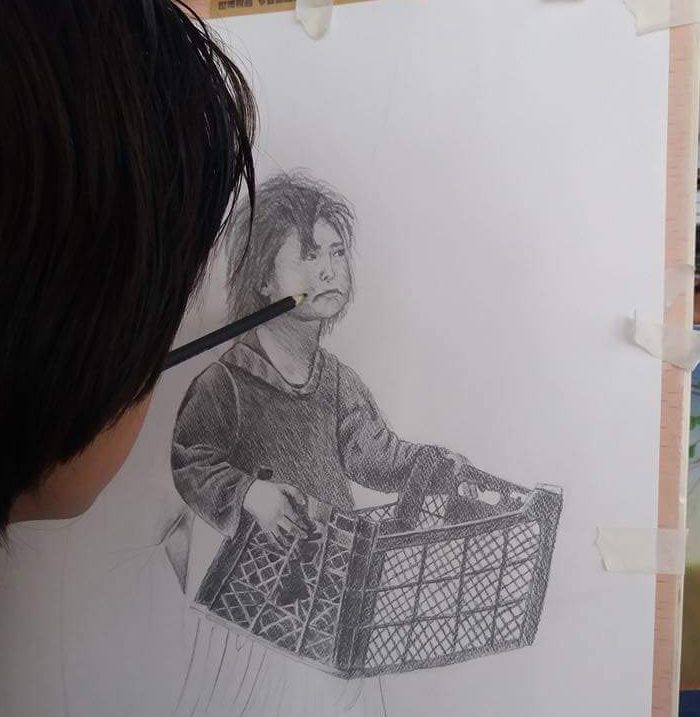
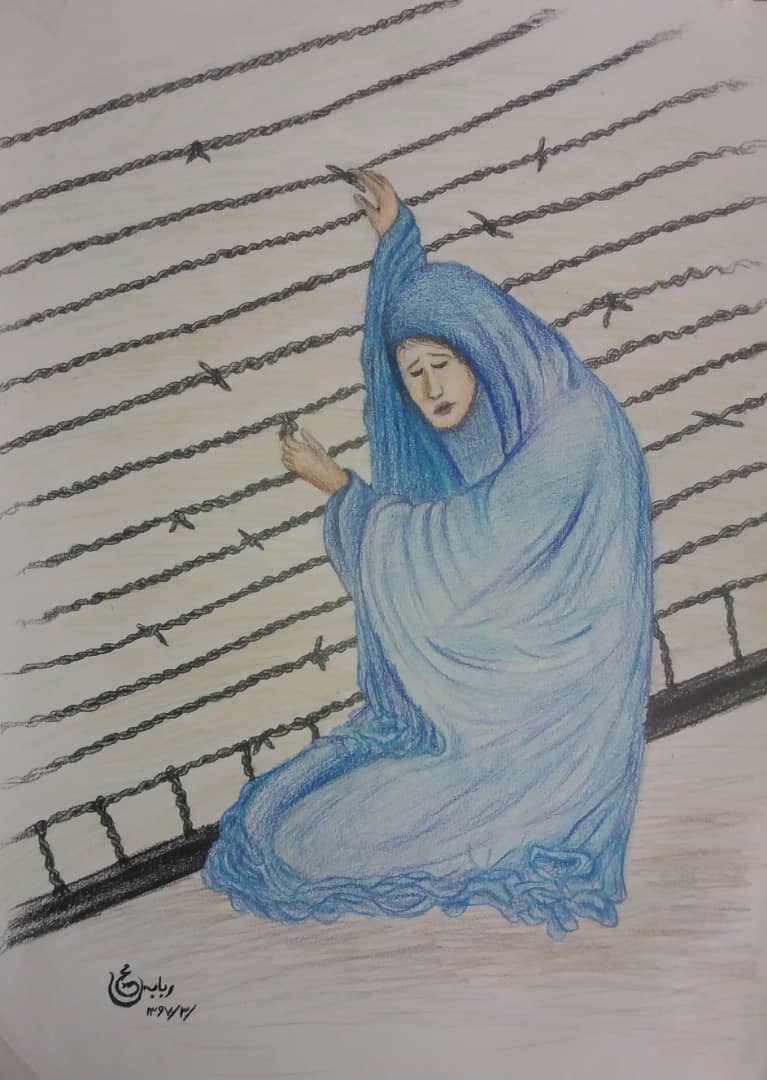
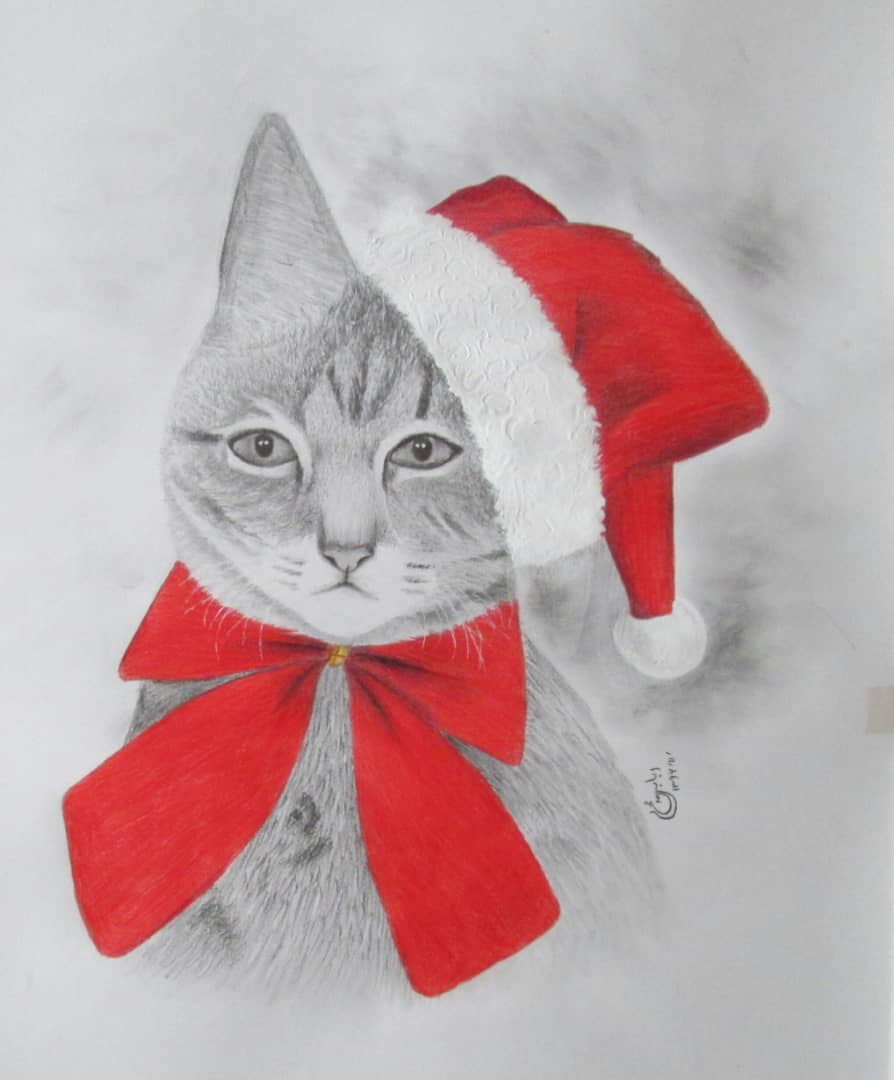
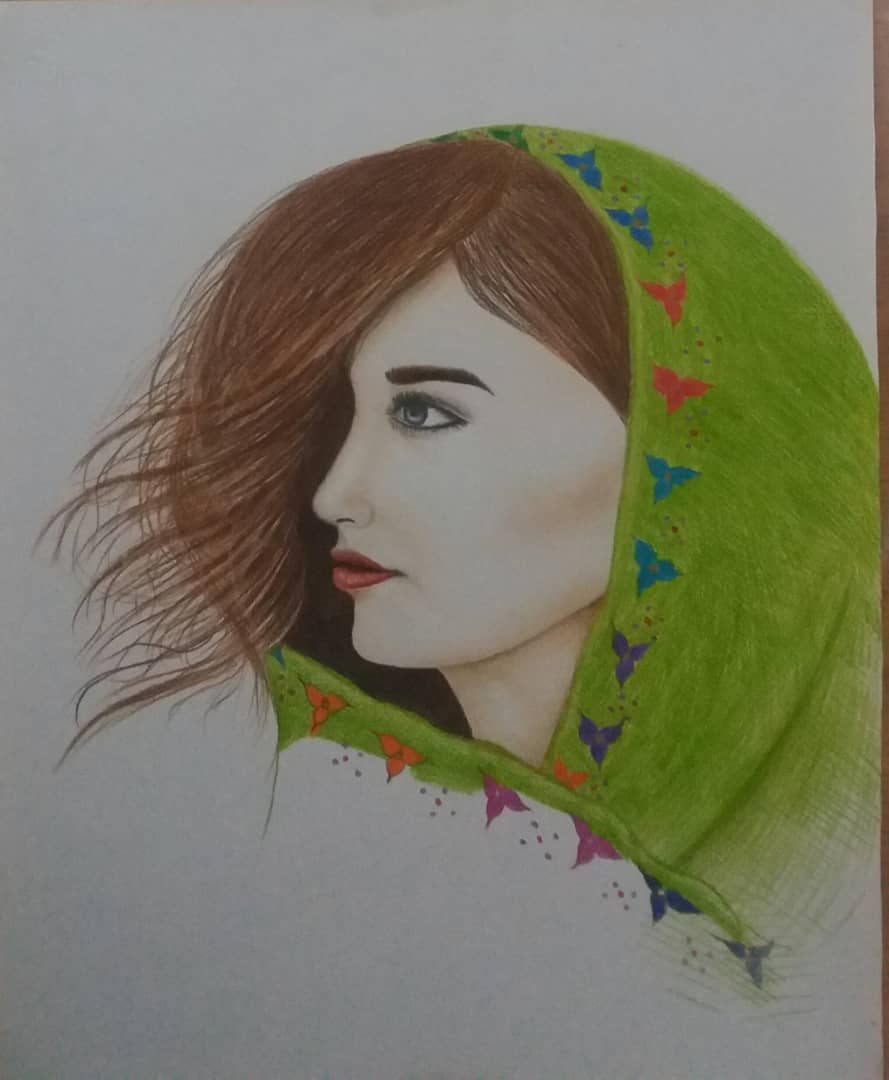
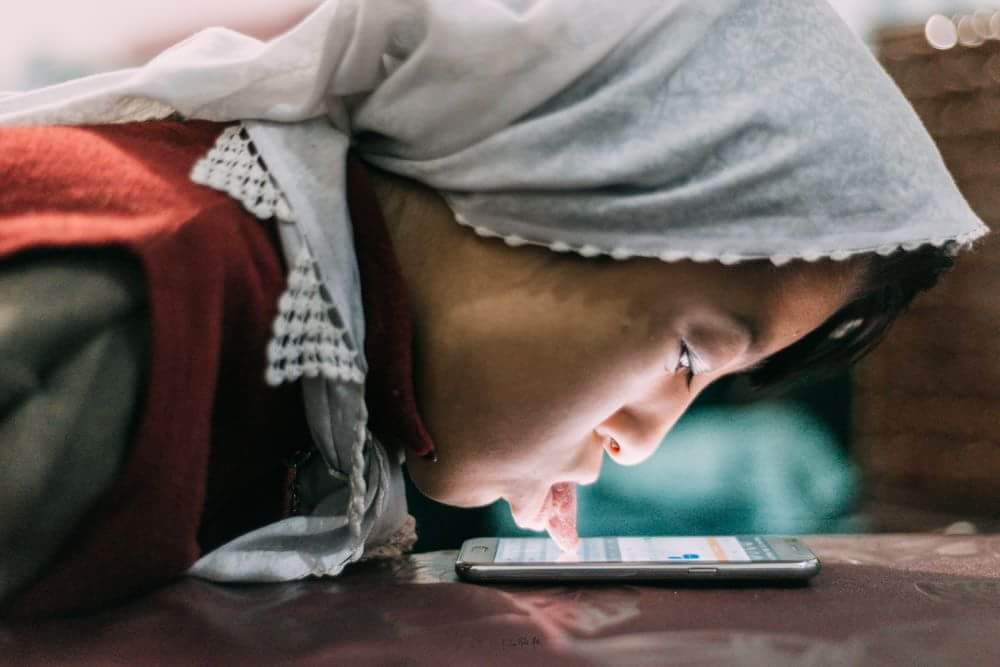
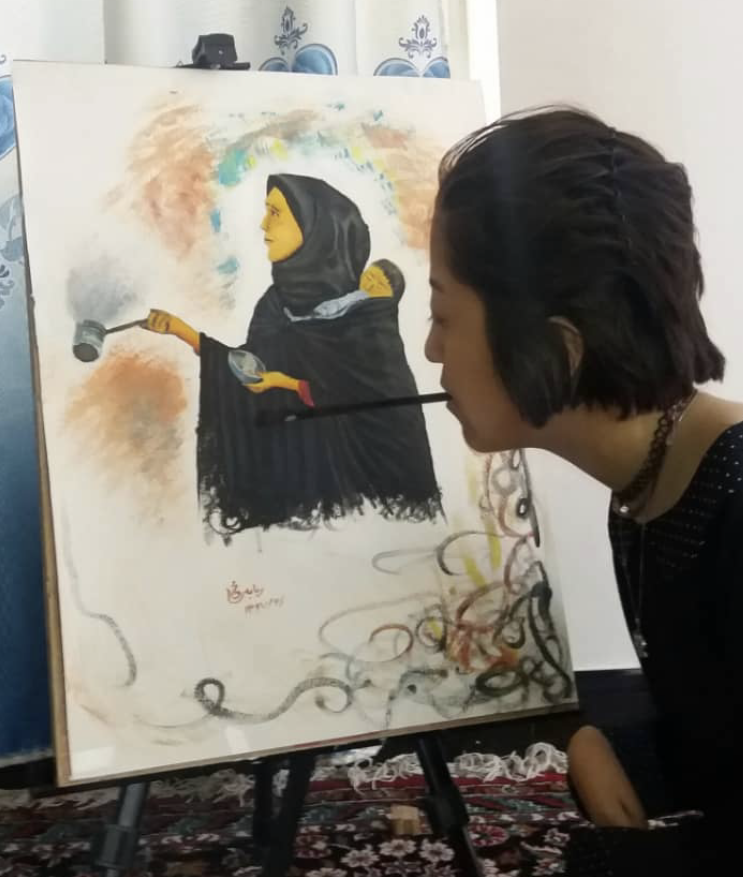
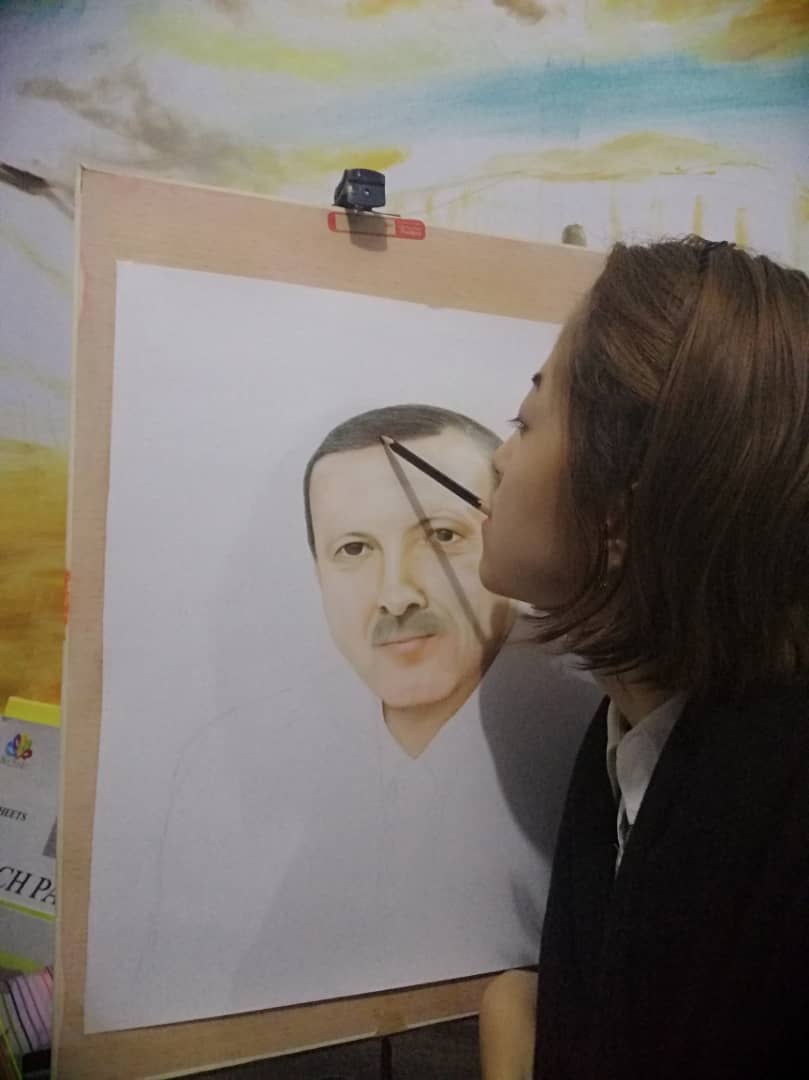
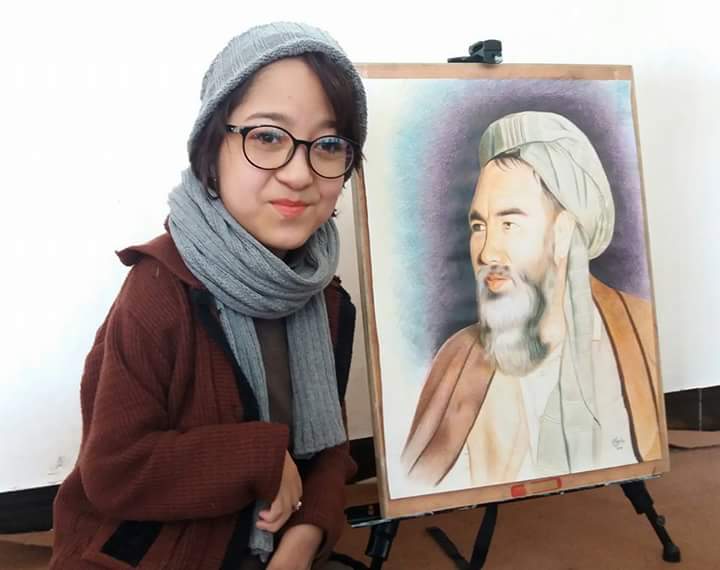
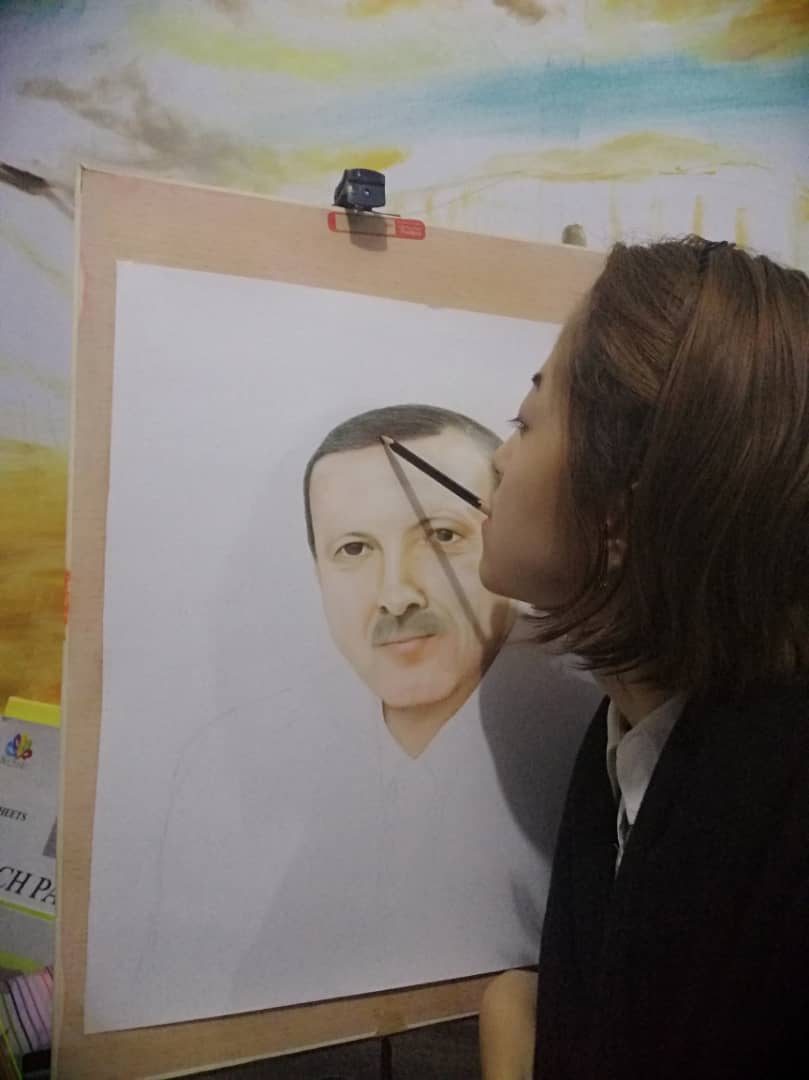
Born with severe paralysis on her limbs, Afghan teenager Robaba Mohammadi uses her mouth to make works of art.
“When I was a child, I always wanted to draw but I was not able to use my hands,” she said. “That feeling is devastating, that you would not be able to do what you want to.”
About four years ago she got the idea of drawing with her mouth. She started sketching Cinderella and Snow White cartoons at home. When a family friend saw them, he encouraged her to continue and provided her with pencils, papers, and crayons.
“When he said, ‘You can become an artist’, I started laughing and told him that it is impossible,” she said.
Robaba started drawing with the help of a book which gave basic instructions on how to draw a human face.
In her artistic journey, she has been disappointed many times, but her supportive family is always there for her.
She has had four exhibitions in Afghanistan and one in Turkey, and hopes to join an art school to learn the fundamentals of drawing.
Her dream is to be considered among the best artists in the world.
“I am not the artist that I want to be,” she said. “I need a lot of work and I have a long journey ahead.”
In Afghanistan, disabled people face daunting levels of discrimination and there’s little public support available. People like her are often perceived as weak.
“When people see a disabled person they think that person is the most incapable one in their society,” she said. “But that is not true. Everyone has their strengths and weaknesses.”
“I want my society to see my talent and my work, not my disability.”

